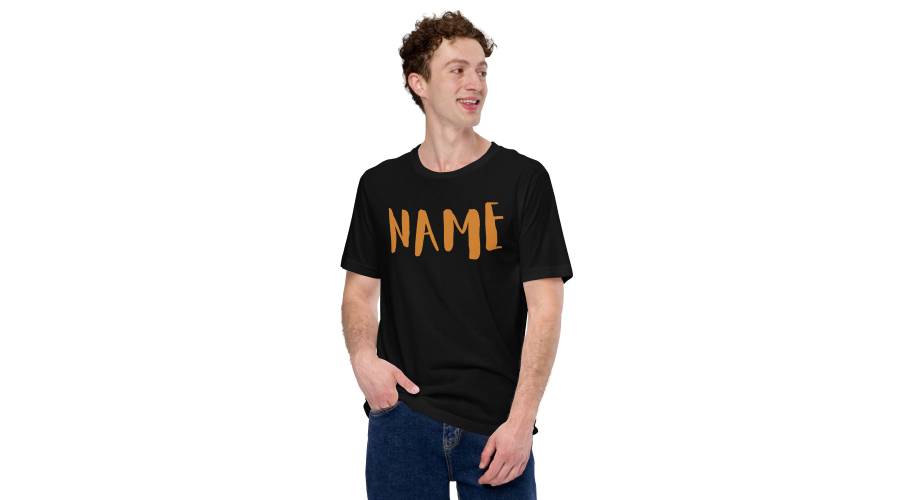In the complicated embroidery of human development, clothing remains as a demonstration of both capability and articulation. From old times to current ages, clothing has been more than a simple texture hung over the body; it’s an impression of culture, status, character, and cultural standards. The modern transformation denoted a huge defining moment, as large scale manufacturing made dress more open to the majority. The twentieth century considered the ascent of style to be an industry, with fashioners like Coco Chanel and Christian Dior molding patterns and testing shows.
Today, none of us clothing has turned into a worldwide peculiarity, with quick design brands offering reasonable styles that take special care of steadily changing customer inclinations. The custom of choosing an outfit for an extraordinary event or just sprucing up for the day ahead can pervade a feeling of direction and idealism. In a world laden with pressure and vulnerability, the straightforward demonstration of wearing something that encourages us can be a type of self-articulation and strengthening.
Verifiable Weave
The tale of apparel starts ages prior, when early people hung themselves in creature stowed away for warmth and assurance. As civic establishments thrived, so did the craft of fitting and material creation. Every period delivered particular styles of corteiz clothing and strategies, impacted by geological, social, and innovative variables.
Old human advancements like Egypt and Mesopotamia embellished themselves in lavish textures, representing abundance and power. In archaic Europe, sumptuary regulations directed who could wear what, supporting social orders through attire. The Renaissance saw a recovery of imaginativeness and craftsmanship, with intricate pieces of clothing mirroring a singular’s status and taste.
Strings of Personality and Articulation
Corteiz clothing fills in as a material whereupon people paint their character and express their extraordinary characters. Whether it’s a customized suit radiating certainty and incredible skill or an energetic dress reflecting innovativeness and energy, what we wear says a lot about what our identity is and the way in which we wish to be seen.
Design lovers explore different avenues regarding fashion styles, blending and matching pieces to make their unique look. From moderate stylish to bohemian free-liveliness, the conceivable outcomes are unfathomable. Style subcultures like troublemaker, hip-jump, and goth use clothing for the purpose of defiance and self-articulation, testing standard standards and cultivating a feeling of having a place inside their networks.
Brain science of Dressing
Past style, none of us clothing likewise impacts our mental state and conduct. The peculiarity known as “enclothed cognizance” proposes that what we wear can influence our mental cycles and certainty levels. Wearing clothing related with power, for example, can upgrade sensations of force and control, affecting our disposition and communications with others.Besides, dress can rise above semantic and social obstructions, filling in as a general language of style. In a world progressively isolated by legislative issues and philosophy, design has the ability to join individuals through a common appreciation for style and imagination.Besides, dress can act as a type of taking care of oneself, helping temperament and certainty.
Maintainability and Moral Design
As consciousness of ecological and social issues develops, so does the interest for maintainable and moral design. The style business is one of the biggest supporters of ecological corruption and double-dealing of work, provoking calls for change from shoppers and activists the same.From eco-accommodating textures like natural cotton and bamboo to fair exchange rehearses that guarantee laborers get fair wages and safe working circumstances, practical design tries to limit the business’ effect in the world and its kin. Slow design developments advocate for careful utilization, empowering customers to put resources into quality pieces of clothing that are made to endure as opposed to capitulating to the pattern of quick style.
Self Articulation
In the stupendous embroidery of human life, clothing is a string that ties us across time and societies. From its unassuming starting points as a fundamental need to its development into a strong type of self-articulation, clothing mirrors the complexities of our general public and the variety of human experience. As we explore an always influencing world, let us embrace the extraordinary force of apparel not exclusively to enhance our bodies yet in addition to communicate our qualities and desires. In the domain of style, each piece of clothing recounts a story — an account of what our identity is, what our identity was, and who we try to be.
